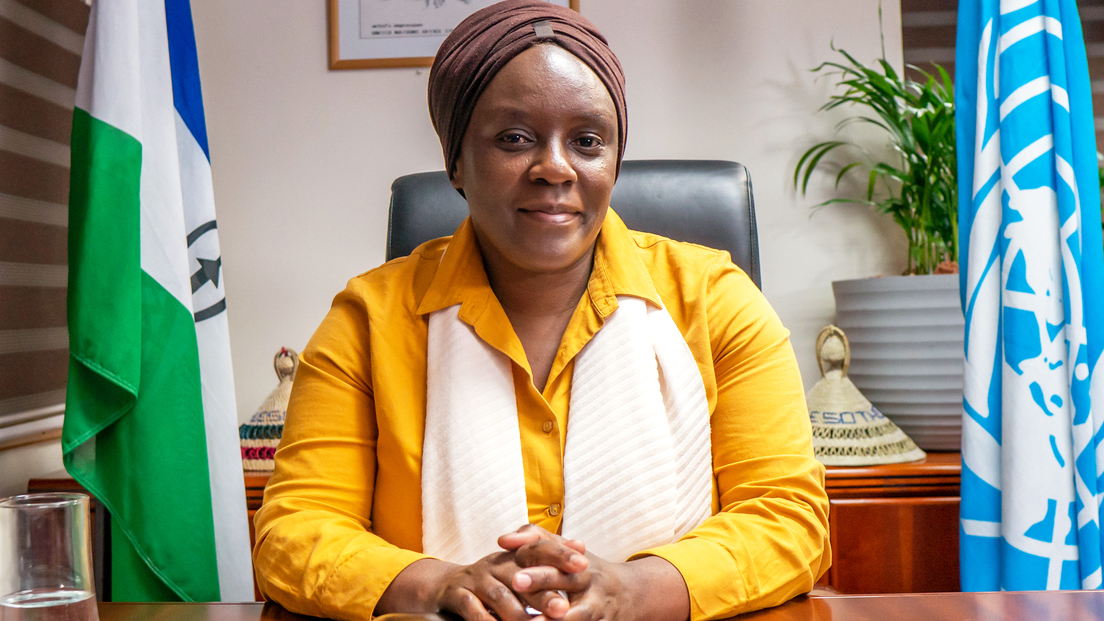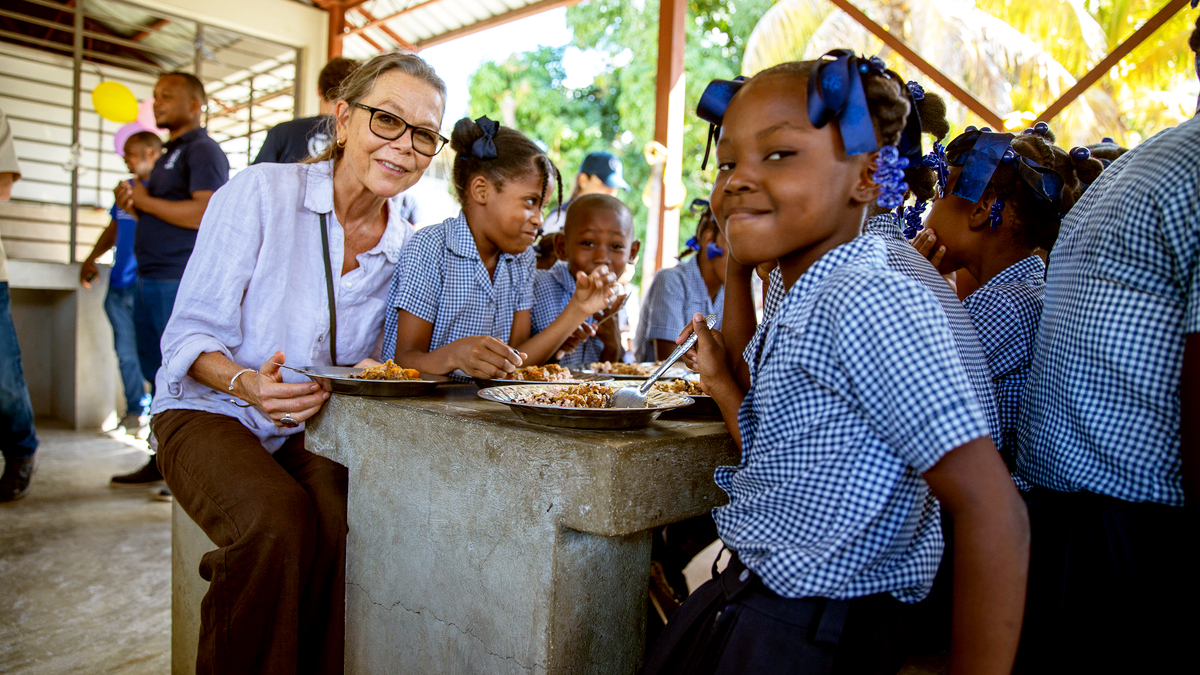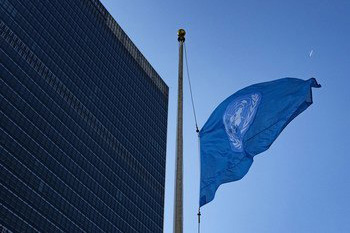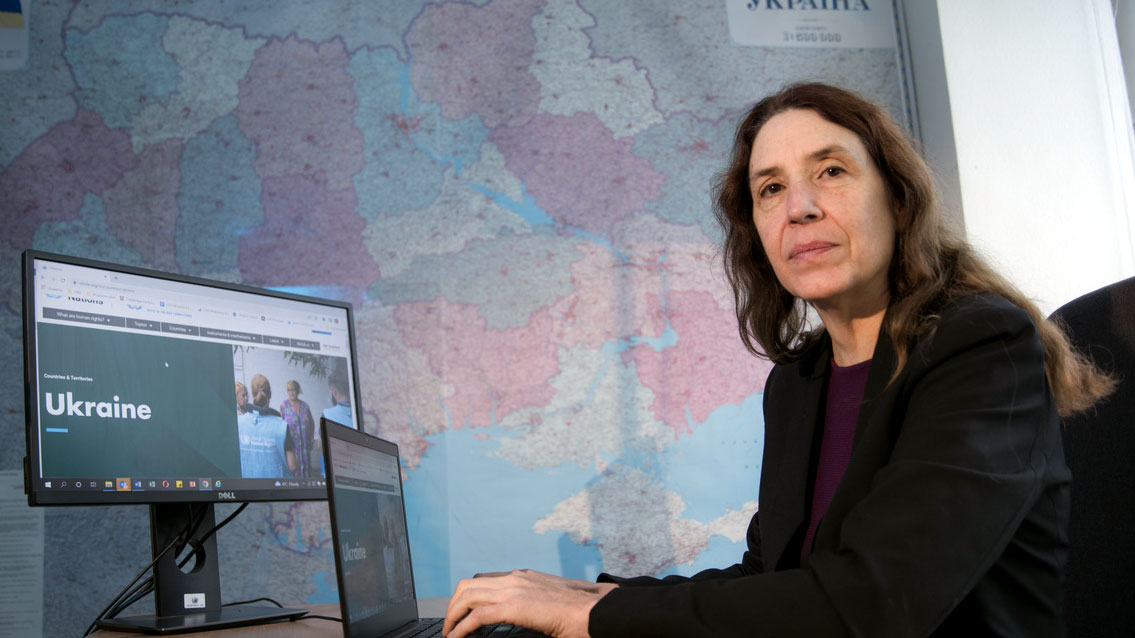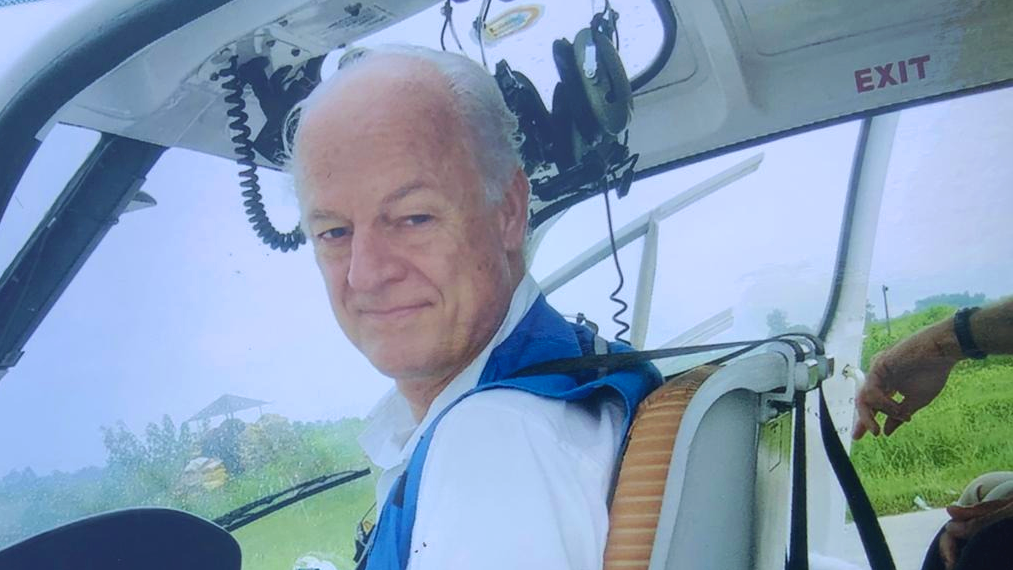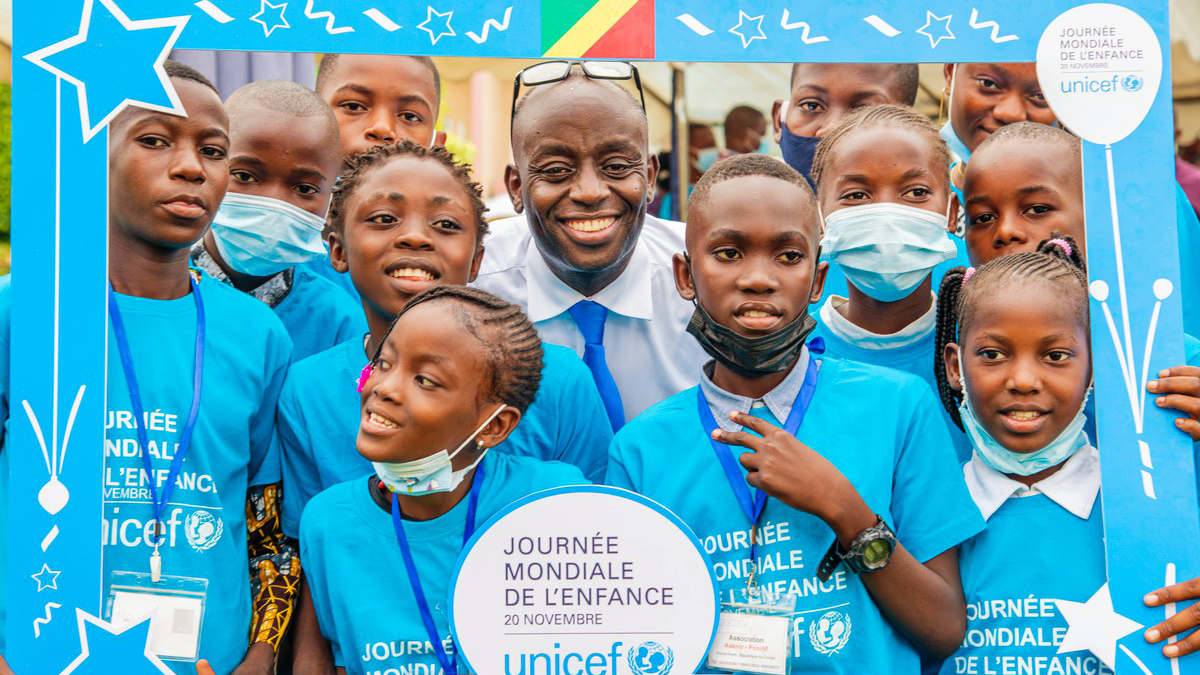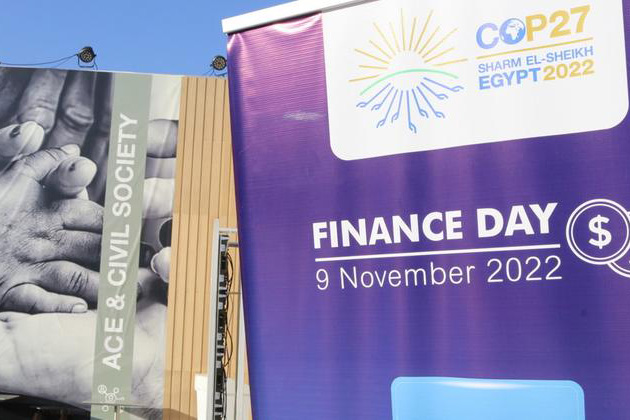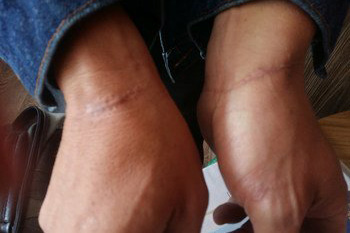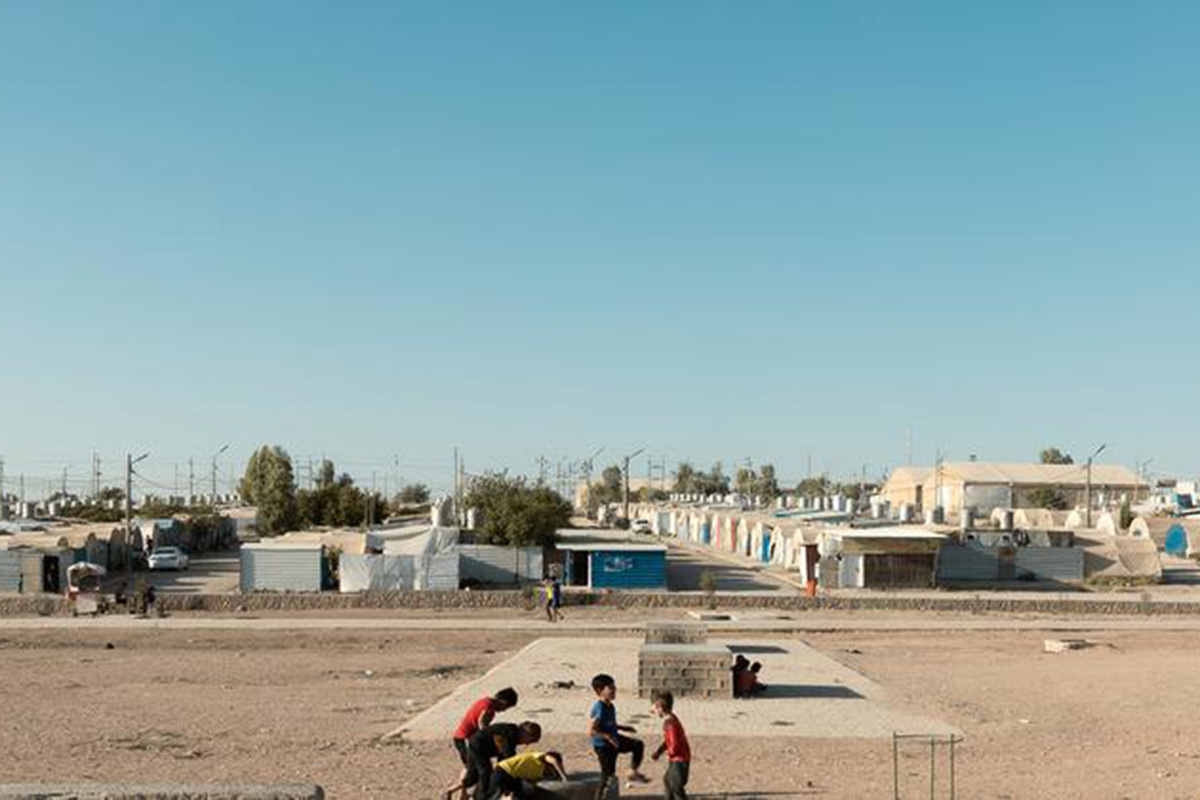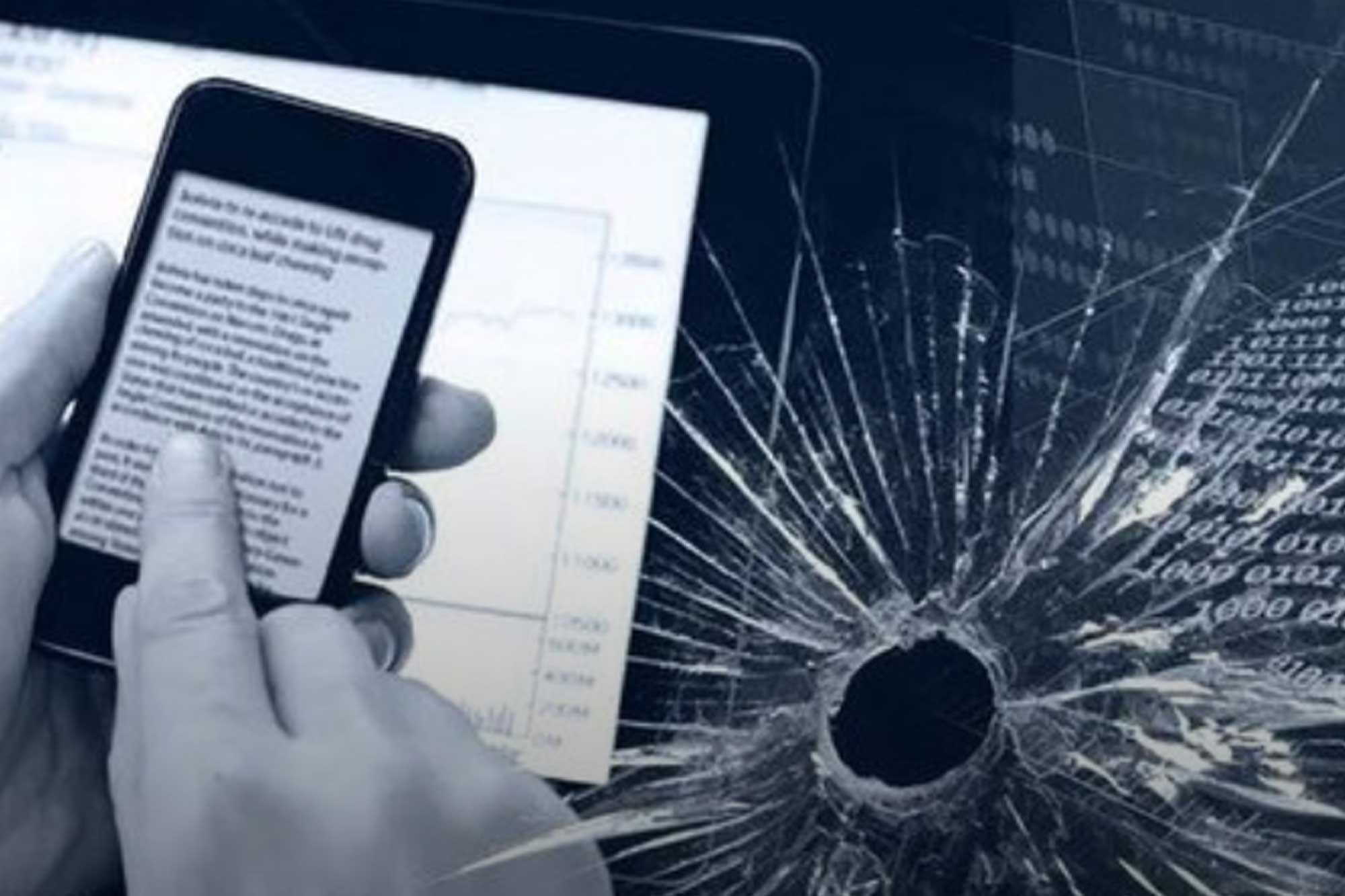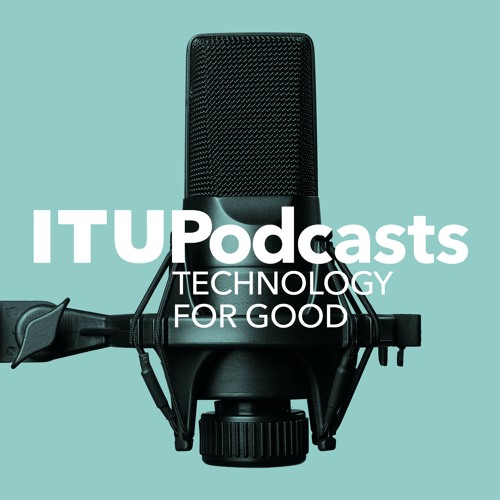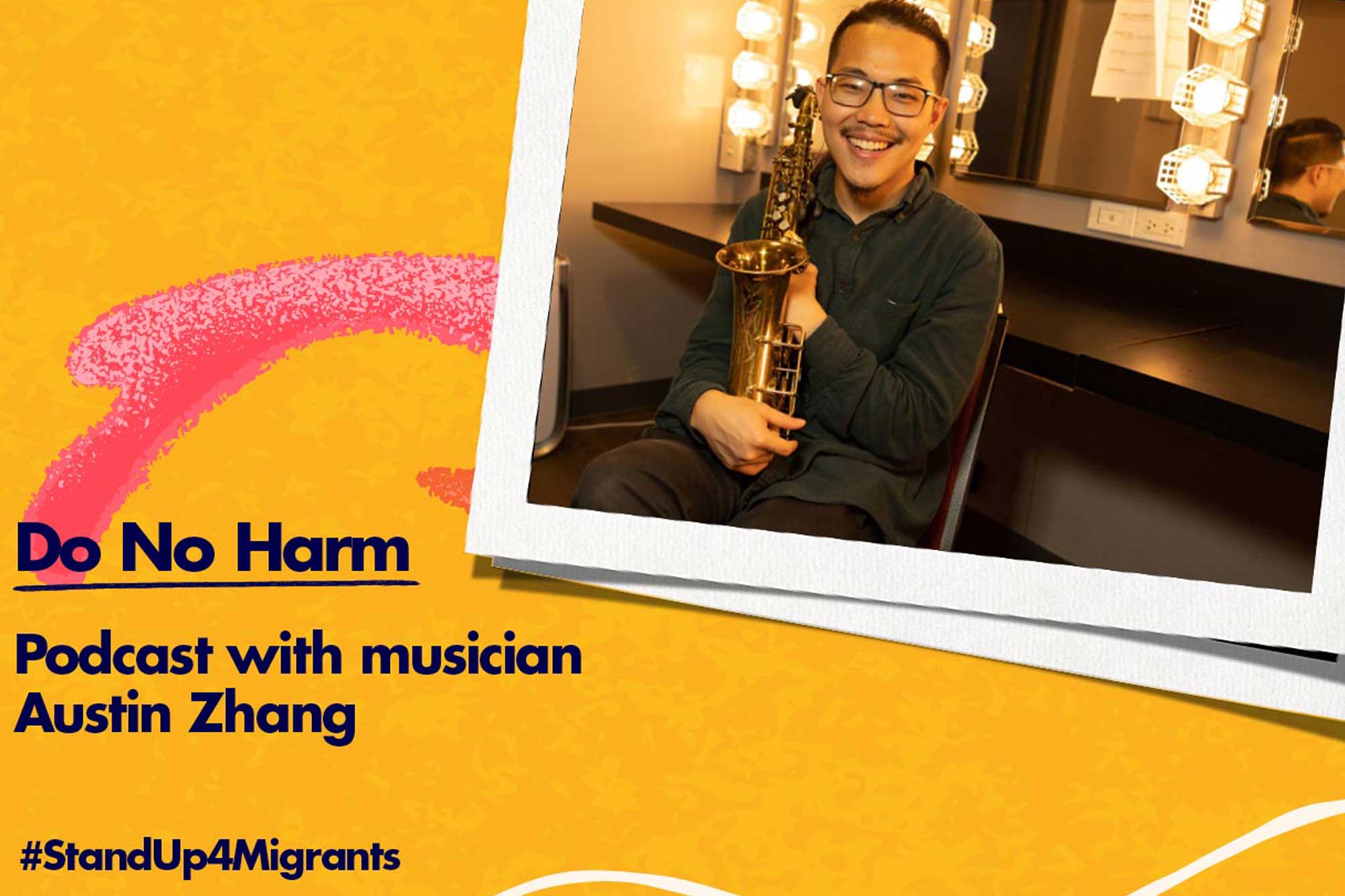“I realized I'm a black person and that people see the color of my skin first, before they see who I am and what I'm capable of doing…that was the rude awakening.”
With her writing, Amanda Khozi Mukwashi wants to change the conversation on race, gender, and identity. Now United Nations Resident Coordinator in Lesotho, she has written a book exploring the struggle for equity and the historical baggage of slavery and colonization. “Let's talk about it a little more freely, not for it to hold our hands and tie them, but for it to liberate us to think differently.”
Moving back to the UK after leaving a high-level development post in Zambia, Amanda Khozi Mukwashi got tired of being asked where she was really from. In this episode, she reflects on the discrimination she has faced, on the rich family history she inherited from her grandmother, and on discovering her own multifaceted identity.

